Intestinal worms and lungworm (hoose) are very common parasites that calves will encounter.
Depending on farm type, risk of dangerous burdens of intestinal worms are different. Suckler calves are less at risk than dairy calves due to dilution factor, lower stocking densities in general and less dependence on grass in diet.
Suckler calves then become more at risk later on in the summer, as maternal protection wears off and pasture contamination increases.
Spring-born calves have no previous exposure to intestinal parasites, hence there is no need to dose them at turn-out.
Low levels of exposure to intestinal worm larvae is important to build immunity in these animals. Heavily contaminated pastures do not allow for this slow build of immunity because the calves pick up a high burden very quickly.
Before dosing these calves, it is worth considering utilising tools such as faecal egg count checks (FECC) and also weighing up the potential load of contamination on different pastures.
For example, reseeded pastures which have not been grazed in excess of six months are going to have low levels of intestinal worm larvae. Also, calves that are grazed in front of older stock are less likely to pick up dangerous levels of these larvae, as the ground has not been contaminated by the older stock.
FECC can be a very helpful tool in demonstrating the level of intestinal worms carried by stock and determining the need for dosing at different intervals.
Calves can be tested as a group. Pooled or mixed samples containing six to eight samples can be submitted for testing. These pooled samples will determine an average burden for a group of animals on the same pasture. This test can also identify specific intestinal worm eggs, meaning targeted treatment can be used.
With this method, dosing frequency can be reduced depending on the level of contamination. FECC and accurate dosing according to weight will also reduce resistance to dosing products, which is important for continued successful dosing and ensure the longevity of our dosing products.
Laura Schneider works at Glen Veterinary Clinic, Bansha Rd, Tipperary, part of XLVets, a group of practices working to achieve a better future for agriculture and veterinary in Ireland.



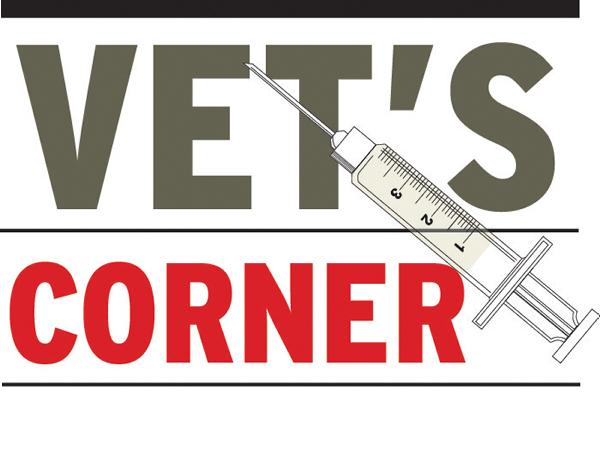

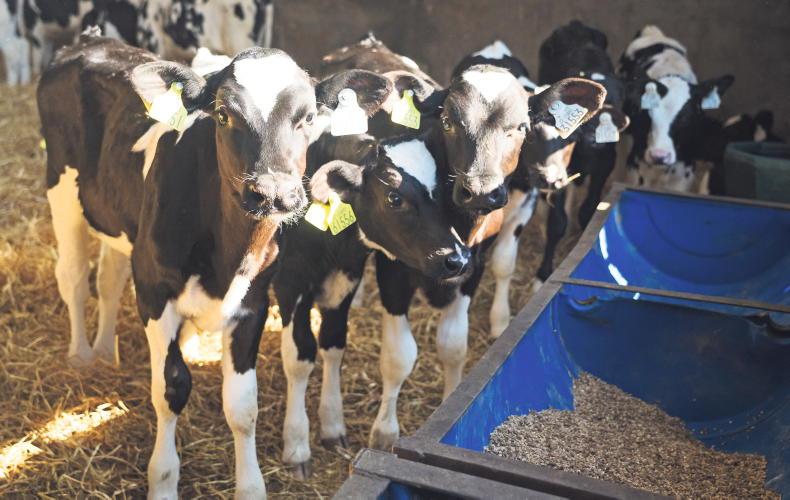
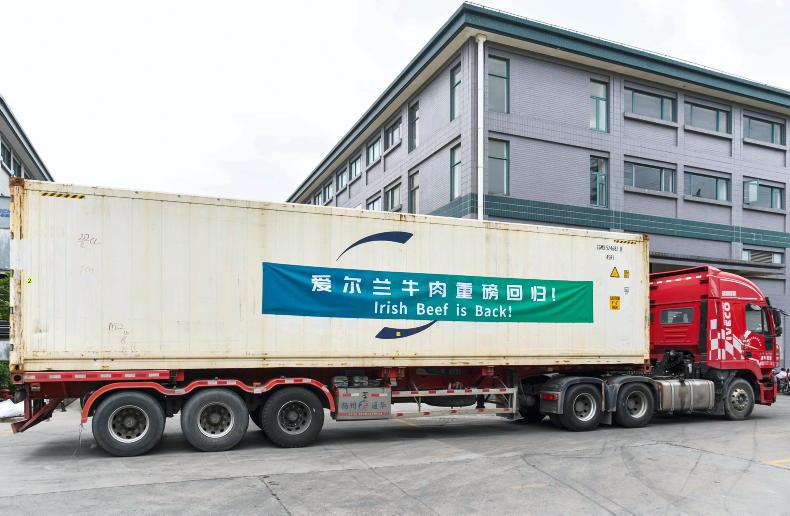
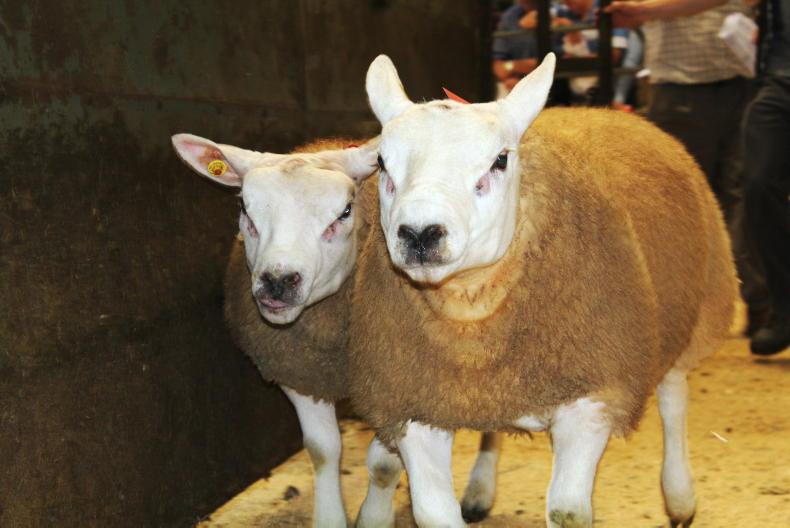
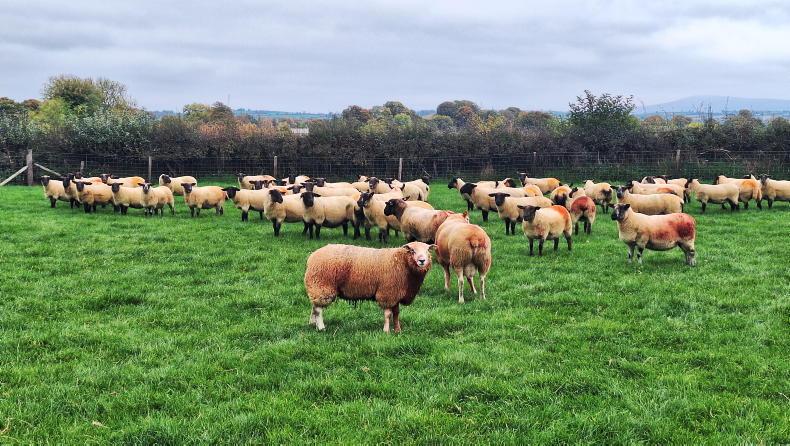
SHARING OPTIONS